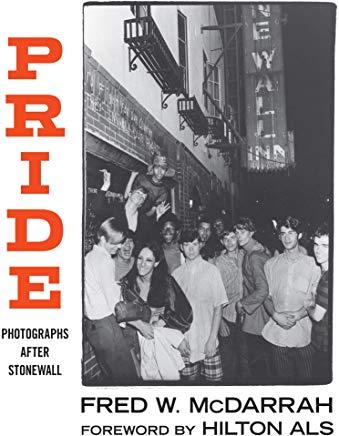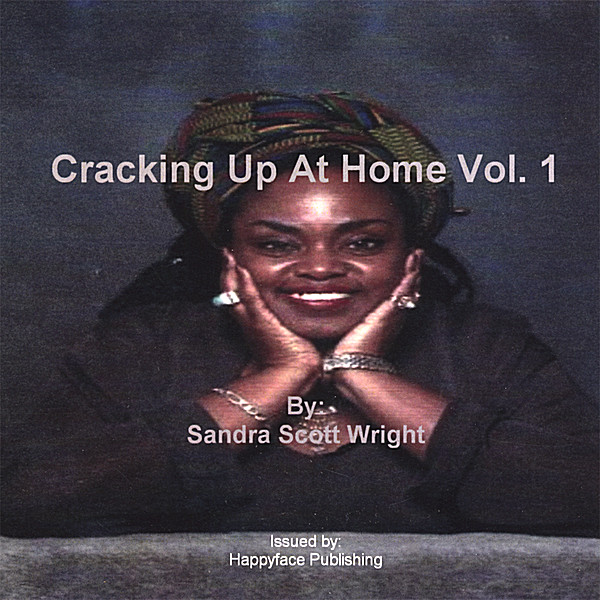
description
ginative in the characters it invents and in the formal literary traditions it juxtaposes, is nevertheless firmly rooted in Hill's hometown of Milledgeville, Georgia, which he transforms into a poetic landscape that can accommodate the scope of his vision of collective and personal history. The poems create a call and response across six generations of family of the fictional Silas Wright, a black man born in 1907. As Hill takes on the voices and experiences of diverse characters in or connected to the Wright family, these individual glimpses add up to an intimate portrait of Milledgeville's black community across two centuries as it responds to stirring events both public and private. From a slave woman's scratchy hay-stuffed mattress to a black insurance agent's sinister patter, from sweet honey to the searing heat of brickyard kilns, the poems make vivid the sensuous details of quotidian lives punctuated by love and violence. From pantoum to haiku, from high-toned lyricism to low-down blues, Hill uses language in all its many incarnations to speak deeply about both southern identity and African American community.
member goods
No member items were found under this heading.
Return Policy
All sales are final
Shipping
No special shipping considerations available.
Shipping fees determined at checkout.







